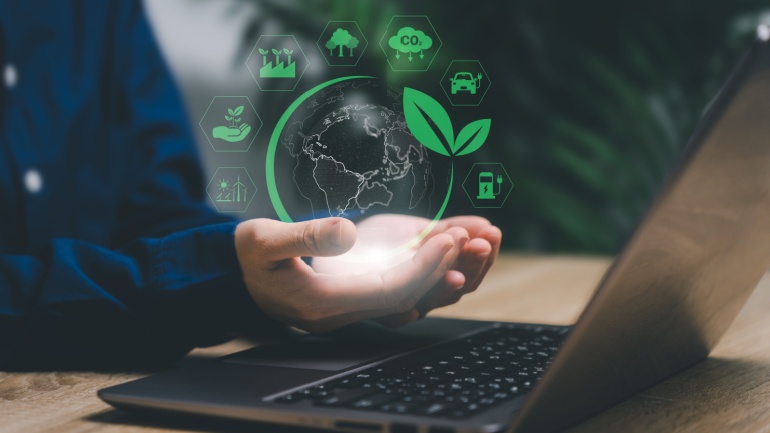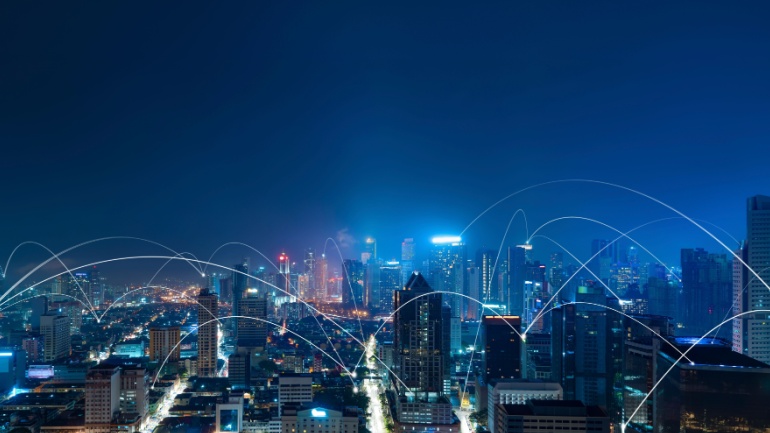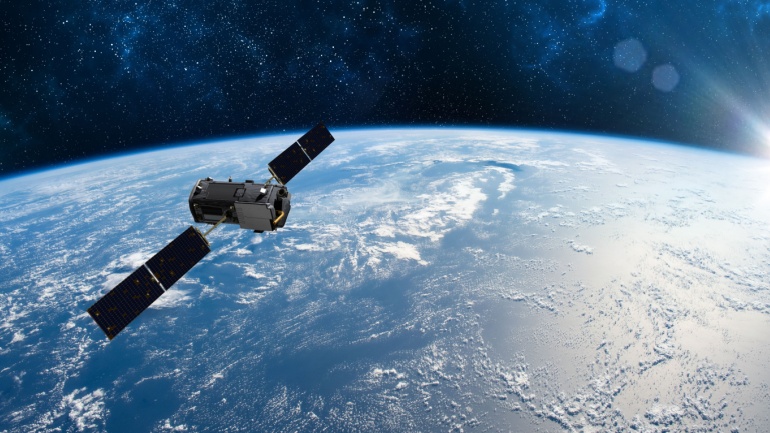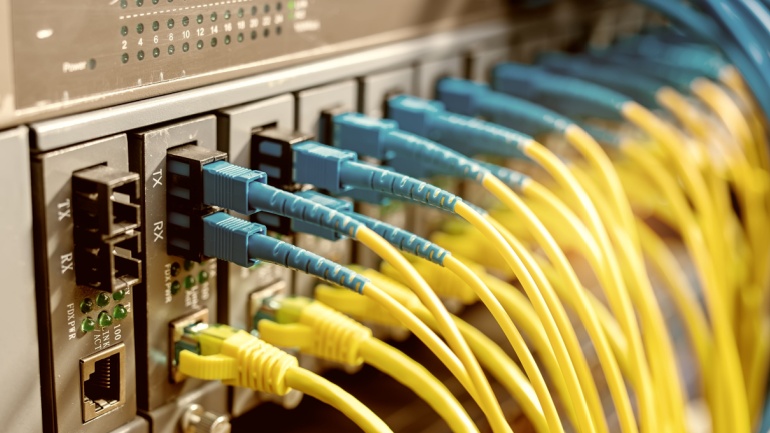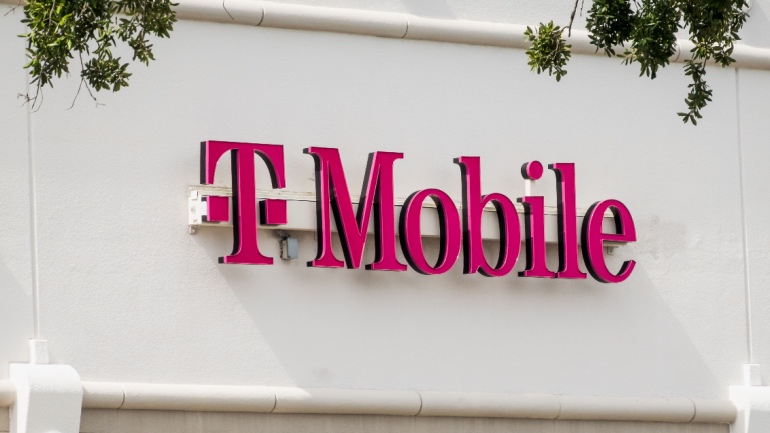Indosat Ooredoo Hutchison has launched Indonesia’s first AI Experience Center at Solo Technopark, Central Java. This state-of-the-art facility, boasting advanced 5G connectivity, aims to establish Indonesia as a future leader in AI. The center will foster innovation, develop AI-ready talent, and support the nation’s digital transformation.
Neterra, a leading global communications service provider, has achieved carbon neutrality for 2023, certified by Verra. This milestone emphasizes Neterra’s dedication to reducing its carbon footprint and supporting ecological sustainability, specifically through initiatives like the Keo Seima Wildlife Sanctuary project, contributing significantly to biodiversity and greenhouse gas emission reduction.
The UK Ministry of Defence has successfully launched its own satellite, ‘Tyche’, revolutionizing Intelligence, Surveillance, and Reconnaissance (ISR) capabilities. This pivotal event marks the UK’s leap forward in space-based defense. As part of a broader initiative, Tyche will bolster military operations, disaster response, and environmental monitoring, reinforcing national security and technological innovation.
Google’s new long-term agreement with Energix Renewables underscores the escalating importance of sustainable energy in tech advancements. By supplying 1.5 gigawatt-peak of solar projects by 2030, this partnership aligns with Google’s net-zero emissions goals, ensuring clean energy for their AI-driven data centers and marking a pivotal shift towards greener technology solutions.
NTT DoCoMo has successfully tested a hybrid quantum-computing-based network optimization solution from D-Wave Quantum, enhancing network performance and reducing paging signal congestion by 15% during peak times. This quantum breakthrough optimizes base station tracking, predicting device movements, and efficiently reconnecting devices. The hybrid solver completed tasks in 40 seconds compared to 27 hours for traditional methods.
Juniper Networks has announced its Blueprint for AI-Native Acceleration, designed to simplify deploying its AI-Native Networking Platform. This framework offers educational resources, trial opportunities, and flexible licensing to help businesses achieve a rapid return on investment. With AI-driven networking, expect up to 90% fewer network trouble tickets and faster deployments.
Barcelona-based Sateliot has launched four LEO nanosatellites via SpaceX to expand its satellite IoT services. This move aims to connect eight million devices and secure €30 million in funding. Utilizing a 5G core through AWS, Sateliot’s NB-IoT constellation targets 100% global coverage and offers cost-saving IoT solutions.
SK Telecom and Nokia have partnered to introduce groundbreaking fibre sensing technology designed to detect environmental changes affecting optical cables. This innovation aims to boost network safety, preventing damage from earthquakes and climate changes. By leveraging machine learning, the collaboration ensures proactive responses, minimizing service disruptions and improving network reliability and efficiency.
T-Mobile has been fined $60 million by CFIUS after failing to prevent unauthorized access to sensitive data and delaying incident reporting. The violations occurred during their integration with Sprint, raising national security concerns. T-Mobile has since improved data handling to prevent future mishandlings. Stay informed with the latest VoIP news.
The rapid expansion of data centers poses a significant environmental challenge, with projections indicating they will consume as much electricity as the EU by 2030. This growth, driven by demanding applications like AI, necessitates integrating energy-efficient technologies and adopting sustainable practices. As data centers multiply, addressing their environmental impact becomes crucial for a greener future.




